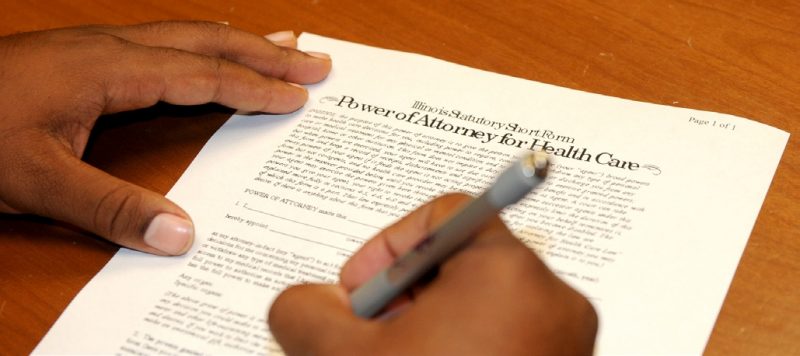Completing a Power of Attorney document is one of the most impactful things you can do to lessen the burden of caregiving on your family and loved ones. A do-it-yourself Power of Attorney often misses the mark and can’t accomplish what they are supposed to accomplish. Instead of being crafted as a “one size fits all” document, a Power of Attorney should be customized to reflect the varying needs of each individual family situation.
Investing in an attorney to help you draft your POA document can help you better understand the terms of the document and minimize mistakes. Answering one question incorrectly on your POA document can lead to many problems in the future — problems that can be costly and emotionally taxing for you and your loved ones. Read about the two types of POAs here.
There are 3 dangers of a do-it-yourself Power of Attorney that we’d like to briefly look at:
1. Too Many Powers – One problem with a do-it-yourself Power of Attorney is the possibility of giving your helper too much power. While the form looks relatively simply, it is easy to answer a question incorrectly without a lawyer’s expertise and guidance. You could give your POA agent too many powers and open the gateway to elder abuse. Whenever you see a newspaper article about an older person being taken advantage of, it’s often the result of abusing a power of attorney.
Powers of attorney can be easily abused because they are not monitored by the legal system. Templates are easily available online and anyone can serve as a witness or notary, even if they don’t have your best interests in mind. Paying for the legal expertise is worth the security that comes from knowing your POA agent has the correct powers. Attorneys are ethically sworn to serve the best interests of their clients. They should help you avoid elder abuse by assisting you in selecting a trustworthy power of attorney agent. Nominating a POA agent (when done correctly) should give you peace of mind, not make you nervous.
2. Too Few Powers – Sometimes a person has a POA agent who is 100% trustworthy, but their powers listed in the document are so limited that they are unable to do the things that would be best. We have seen a number of families who were working on long-term care planning, hoping to seek benefits to pay for nursing home care. However, their power of attorney did not include certain powers that would have been helpful in that situation. For instance, unless we specifically state them, a power of attorney does not include the power to create a trust (which is a valuable tool often used for effective planning), or the power to make gifts to family. Yet, creating trusts and making gifts are often important parts of protecting money from a nursing home towards the end of life.
3. Not The Form You Need – A do-it-yourself Power of Attorney may not be accepted where you need them to be. If a POA document is created without a lawyer, there is no guarantee that all banks or institutions will accept it. There have been a couple of law changes in Illinois in the last few years regarding powers of attorney. If you find an online document, is it the correct and most up to date form? If not, the bank may refuse to honor the POA. They are within their rights to do so if it is not in the proper format.
As with so many things related to estate planning, every family and every situation have unique circumstances. Oftentimes, fill-in-the-blank forms cannot adequately address these issues. It is incredibly valuable to the have the help of an experienced estate planning or elder law attorney. Effective ones can help guide you through the process while anticipating problems your unique situation may bring up. If you have questions about Powers of Attorney or any other estate planning/elder law issues, we urge you to give us a call at 217-726-9200. We’re more than happy to speak with you.

